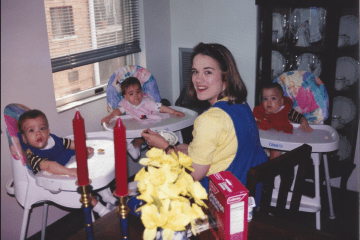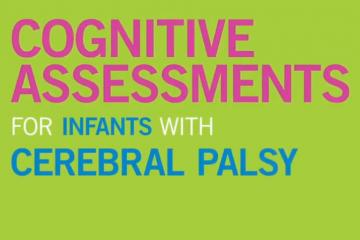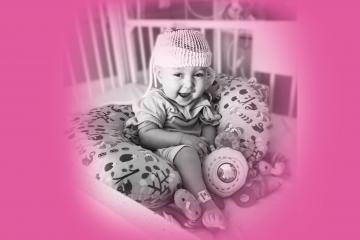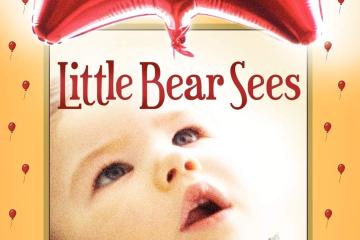How do you Diagnose Cerebral Palsy?
Cerebral palsy is primarily a motor impairment so it's really important to look at what the child’s motor function is. Are they developing on the trajectory of a child who has cerebral palsy or are they developing as we would expect a baby to develop? Unfortunately, there's not one assessment tool that we can use from birth up until two years. It’s important to use the right assessment tool depending on the age of your baby.
One of the best assessment tools to use early in development is a general movement assessment and this can be done up until around 20 weeks of age. The general movements assessment is a really easy assessment that looks at how your baby is moving or lying on their back without any stimulation.
Another assessment used in the first few months of life is the TIMP which is a test of infant motor performance. This assessment tool allows looks at how your baby is moving on their back, how they're starting to roll, what they're doing on their tummy, and how they're doing with sitting. The baby is placed in a standing position to see how much weight they can take through their legs. This information shows how your baby is developing compared to other babies who have had the assessment at the same time point.
As your baby gets a little older, there's another assessment tool called the HINE, which is the Hammersmith Infant Neurological Exam. This assessment looks at how your baby is moving, and the clinician will feel what they're doing and feel their muscle tone.
Another assessment tool is the Alberta Infant Motor Scale. However, if the clinician is concerned about the child having cerebral palsy, it's really important that they actually do an assessment like the HINE where they will put our hands on your baby and feel what their muscles are doing.
As your baby gets older, it's important to not only look at their motor skills, but look at their social skills and their language and thinking skills. One assessment that can be used to do this is the DAYC which is a Development Assessment of Young Children.
As a parent, if you're worried that your baby has cerebral palsy, it's really important that you understand where your baby is at in terms of their development and intervene early to get the best outcomes for your baby.
"It’s important to use the right assessment tool depending on the age of your baby."





